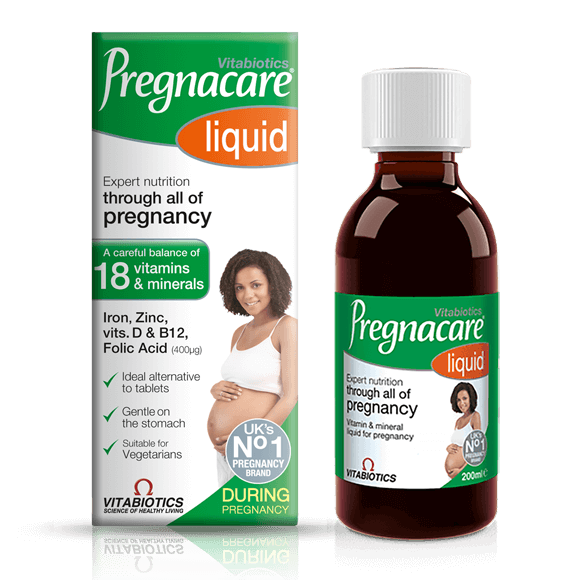If you’re pregnant, or trying for a baby, and eat a vegetarian diet, make sure you read this post on how to have a healthy vegetarian pregnancy.
It includes advice on a vegetarian diet and pregnancy, including what vegetarians should eat and avoid eating during pregnancy, and where you can source the vitamins and minerals you might need extra support in when you’re expecting a baby and eat a meat-free diet.
What Is a Vegetarian Diet?
Vegetarians are people who do not eat meat or fish, or meat by-products, but generally do eat dairy products and eggs. A vegetarian diet can be adopted for moral, religious, or health reasons, or as a personal preference.
There are several different types of vegetarian diets that might also exclude all of, or a combination of, fish or shellfish, dairy products and eggs.
It is estimated that as of 2019, 4.5% of the UK population have a vegetarian or vegan diet and figures from The Vegetarian Society show that there are just over 3 million vegetarian and vegans in the UK, which is around 6% of the UK population.
Is It Safe to Be Vegetarian While Pregnant?
It is important for all women to eat a healthy diet during pregnancy. Eating a healthy diet during pregnancy can help support your own health and the development and growth of your baby.
It is safe to be vegetarian while pregnant and continue eating a vegetarian diet throughout your pregnancy, as long as you eat a healthy diet that contains the right building blocks such as protein, healthy fats, and carbohydrates, from which you should get the vital vitamins and minerals that all women need for a healthy pregnancy to support their baby. For women following a vegetarian diet, these vitamins and minerals will need to be sourced from food other than meat and fish.
You can read more about a healthy diet when you’re expecting a baby and what to eat and avoid eating in our post on pregnancy foods.
Vegetarian Diet for Pregnancy
Here are the key facts to know about following a vegetarian diet for pregnancy.
What Nutrients & Vitamins Do Vegetarians Lack?
You might be wondering what nutrients and vitamins vegetarians potentially lack during pregnancy.
if you’re a vegetarian, you need to make sure you consume enough iron and vitamin B12 - which are mainly found in meat and fish – as well as vitamin D.
You also need to check you are eating enough protein, calcium, folate, and iodine, as well as the types of and levels of vitamins recommended for all women trying for a baby or who are pregnant. This includes folic acid, 400μg daily supplemental intake increases maternal folate status. Low maternal folate status is a risk factor in the development of neural tube defects in the developing foetus.
How To Increase Iron During Vegetarian Pregnancy
Iron is commonly found in meat and fish, so this is a nutrient that vegetarians may need extra support for their pregnancy. Iron is important as it has a role in the process of cell division and in the normal formation of red blood cells and haemoglobin. To increase iron intake, vegetarians will need to make sure they are getting this from other sources, especially during pregnancy.
Iron Rich Vegetarian Foods for Pregnancy
Alternative sources of iron-rich food for vegetarians are:
- Pulses
- Dark Green Vegetables Such As Spinach And Broccoli
- Wholemeal Bread
- Eggs
- Fortified Breakfast Cereals (With Added Iron)
- Dried Fruit, Such As Apricots
Omega-3 DHA during Vegetarian Pregnancy
Maternal intake of Omega-3 DHA contributes to normal brain and eye development of the foetus during pregnancy and in breastfed infants. A beneficial effect is obtained with a daily intake of 200mg DHA in addition to the recommended daily intake of omega-3 fatty acids for adults. As a main source of Omega-3 DHA is fish or shellfish, vegetarians will have to ensure they get enough from other sources if they don’t eat fish or shellfish.
Other food sources of Omega-3 are walnuts, flaxseed, chia seeds, edamame, seaweed, and algae. Other green leafy vegetables and beans also contain small amounts of Omega-3.
Protein Rich Foods for Vegetarians During Pregnancy
Protein is essential for the growth and development of your baby’s muscles, tissues, and cells. While protein is found in meats including turkey and chicken, there are plenty of high protein vegetarian options available.
Good sources of protein for vegetarians include:
- Lentils And Beans
- Meat Alternatives Such As Quorn (which is safe to eat during pregnancy)
- Nuts
- Well-Cooked Eggs And Dairy
Try to include a protein-rich food at every meal.







Comments (0)